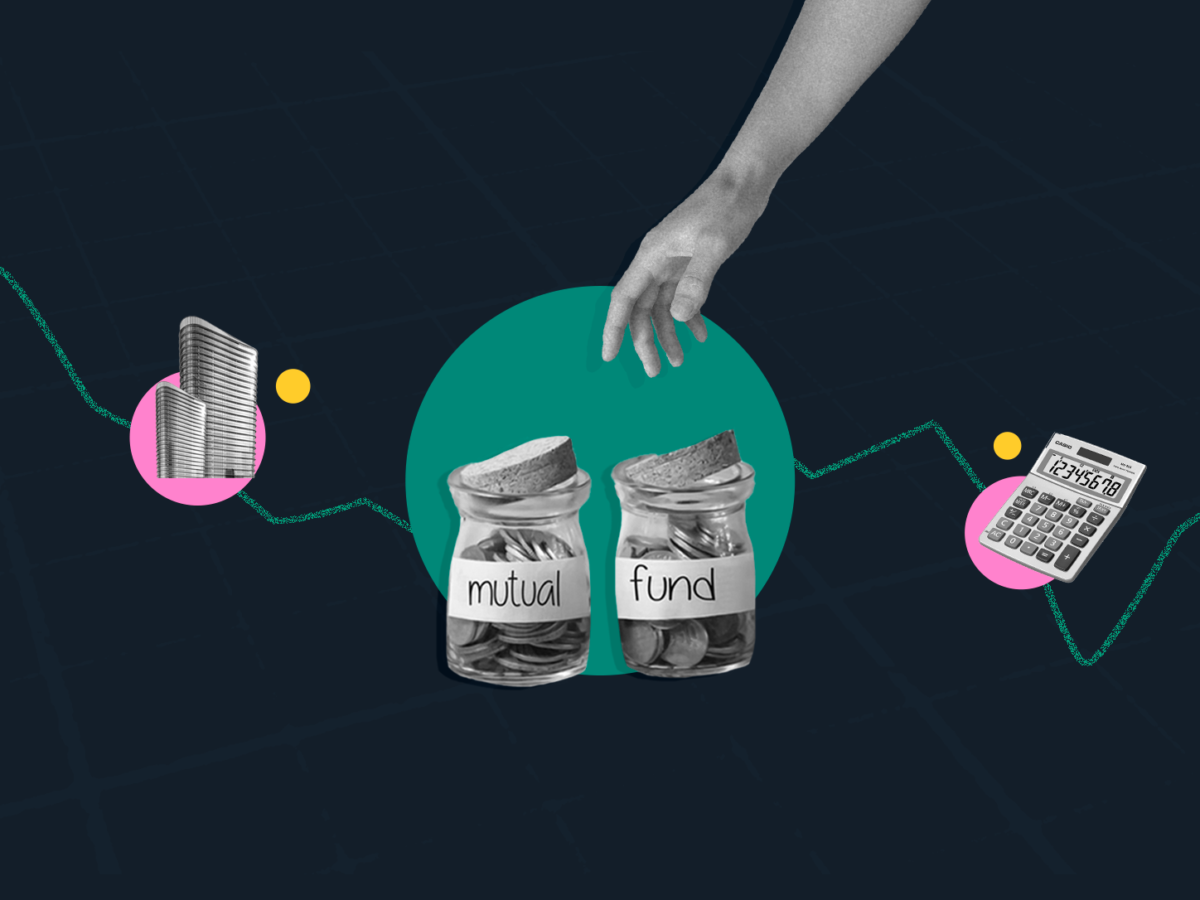What bonds are available in Australia?
If you want to invest your funds, it can be a good idea to look at bonds. Bonds are not always available in Australia, but they can provide a very safe haven for funds if they are. You can even trade bonds online.
What is a bond? A bond is a document issued by a company or government that borrows money from an investor for a set period with the promise that they will pay back all borrowed money with interest when the time expires. When someone invests in a bond, they expect to receive their initial investment back plus interest at the end of the term, which means that investors do not have complete control over their capital.
When someone invests in a bond, they are essentially loaning their money to the bond’s issuer. The company or government will pay back all borrowed money plus interest when the term ends. The interest rate is typically fixed for each bond so investors can accurately predict how much money they will receive when it matures. This return can be anywhere from 2%-10%, depending on market conditions and currencies involved.
Short term bonds
This type of bond has a maturity date of less than one year. They are the riskiest type of bond to invest in because they can rapidly change in value if interest rates fluctuate. For example, if interest rates suddenly go up, the price paid for the bond will decrease to adjust for this new information. If someone borrows money through a short term bond and cannot pay it back on time, there may be high penalties or even legal action taken against them.
Short term bonds are not always available in Australian markets because they are too risky for many investors to handle alone. They also must be priced differently based on market conditions, which means keeping track of their fluctuations can be an added challenge for brokers.
Fixed-term bonds
This type of bond has a maturity date between one and five years. They are the safest type of bond to invest in because they typically change value very slowly. For example, if interest rates suddenly go up, the price paid for the bond will only decrease slightly to adjust for this new information. If someone borrows money through a fixed-term bond and cannot pay it back on time, they may face legal action. Still, there usually aren’t any penalties associated with missing what was promised initially.
Investors who choose to invest in fixed-term securities need not worry about changes in market values very much because their returns are tied directly to interest rates at set times instead of fluctuating like currencies or commodities.
Global bonds
This type of bond has a maturity date greater than five years. They offer one of the safest ways to invest in fixed income securities with minimal risk and volatility because it is improbable that the price will drop below what was paid when the time comes around again. If someone borrows money through a global bond and cannot pay it back on time, the bank may take legal action. Still, there usually aren’t any penalties associated with missing what was promised initially.
Global fixed-term investments are typically available through the Australian market, and they can be a good way for investors with more significant amounts of money to diversify their portfolios.
Indexed bonds
This type of bond has a maturity date greater than five years. They offer one of the safest ways to invest in fixed income securities with minimal risk and volatility because it is improbable that the price will drop below what was paid when the time comes around again. Suppose someone borrows money through an indexed bond and cannot pay it back on time. In that case, they may face a lawsuit, though usually there aren’t any penalties associated with missing what was initially promised.
Inflation-linked bonds
Inflation-Linked Bonds have a maturity between 1 and 5 years. This type of bond is tied to the price of something else, which decreases over time, like a currency or company stock. It is said that these types of investments are protected against inflation because their returns increase along with the rise in the underlying asset’s value.
This type of investment can help diversify portfolios because they offer returns like other fixed-income securities and adjust for changes in the value of other investments.









